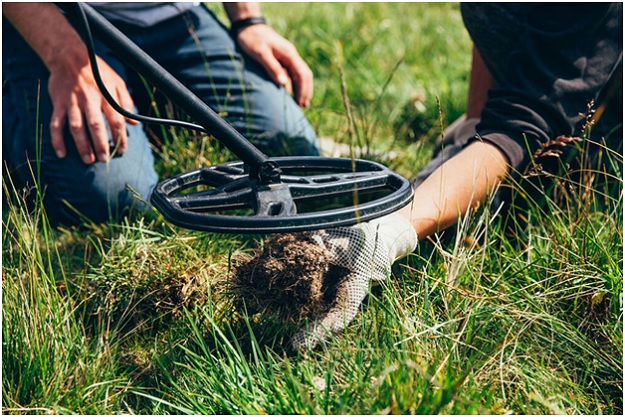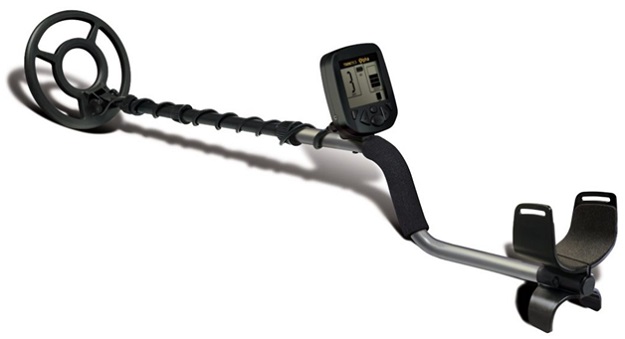Are you interested in taking up an outdoor hobby? Well, metal detecting has undoubtedly become one of the most enjoyable hobbies for individuals fond of solitary pursuits and exploration of local areas.
Hobbyists who are planning their very first outdoor quest for valuables are required to purchase a metal detector. Prospective detectorists are provided with a wide range of such units in the market, available in different operating frequency, ground balance, discrimination, and search depth features.
Nowadays, there are numerous advertising programs, such as MetalDetector Quest, providing useful reviews, tips, and buying guides for people interested in purchasing metal detectors.
The tips below will help you choose the best metal detecotors for your needs.
Define your interests
The inceptive thing to consider prior to starting such a hobby is defining your interests, mainly the types of targets you intend to locate. There’s a variety of metal detector models, designed for locating specific kinds of objects and suitable for particular areas. Nevertheless, individuals who are hesitant about their interests can purchase an all-purpose model that is designed to detect virtually any type of object.
In case your purpose of using such an electronic device is looking for coins, make sure you purchase one with a solid discrimination feature. When going for a gold hunt, it’s paramount to use a high-frequency device with better sensitivity in comparison with the standard detectors.
Moreover, hobbyists who plan to use their metal detectors at the beach or submerge them into water are required to purchase waterproof devices. The standard models cannot be used in such conditions due to their inability to prevent signal disruption when coming in contact with water. The waterproof units are indispensable for people who intend to use these devices in waterfront areas, not for the ones who go on treasure hunts in the desert.
Consider discrimination
An important factor to take into account when purchasing a metal detector is discrimination, referring to its ability to distinguish between targets. This feature is incredibly useful for eliminating targets in the form of garbage that interfere on your quest for gold, relics, and other types of treasure.
Additionally, the models with a discrimination feature are ideal for hobbyists who wish not to waste their valuable time combing through the trash. Some devices are automatically adjusted to discriminate between targets, while others require manual adjustment. Click here for some useful tips on how to metal detect for adventure.
Take account of ground balance
Another indispensable feature to consider when choosing such an electronic device is the ground balance, which assists detectorists in discarding the slight amount of metal found in soil. Most of the units are equipped with an automatic ground balance that makes the necessary adjustments automatically. You can also purchase a unit with preset ground balance, determined by the manufacturer to fit most environments.
Furthermore, gold detectorists are advised to purchase a model with manual ground balance, which allows them to change the balance in accordance with the ground conditions. Ultimately, the models with multiple ground balance provide hobbyists with an opportunity to choose between automatic and manual features.
Don’t Miss-
5 Ways to Prevent Power Surges
The 3 Keys to the Future of Sensor Technology
Consider frequency
The operating frequency of a metal detector is of essential importance when purchasing such a unit. It refers to its frequency of transmitting and receiving signals per second, which has led to the creation of both low frequency and high-frequency units. The former provide detectorists with better depth, unlike the latter which are more suitable for detecting gold in shallow soils. Keep in mind that most of the all-purpose models use low frequency.
Consider search depth
The search depth is yet another vital feature of such detectors, referring to the maximal depth at which such a device is able to detect objects. This feature is affected not only by the soil composition but the size of the search coils as well. For instance, the units with large search coils are capable of detecting objects at greater depth, unlike the ones with small-sized coils. The following link,
https://en.wikipedia.org/wiki/Metal_detector, explains the multiple uses and the development of metal detectors.
Final word
Purchase a unit that matches your interests and the environmental conditions of your local area!


